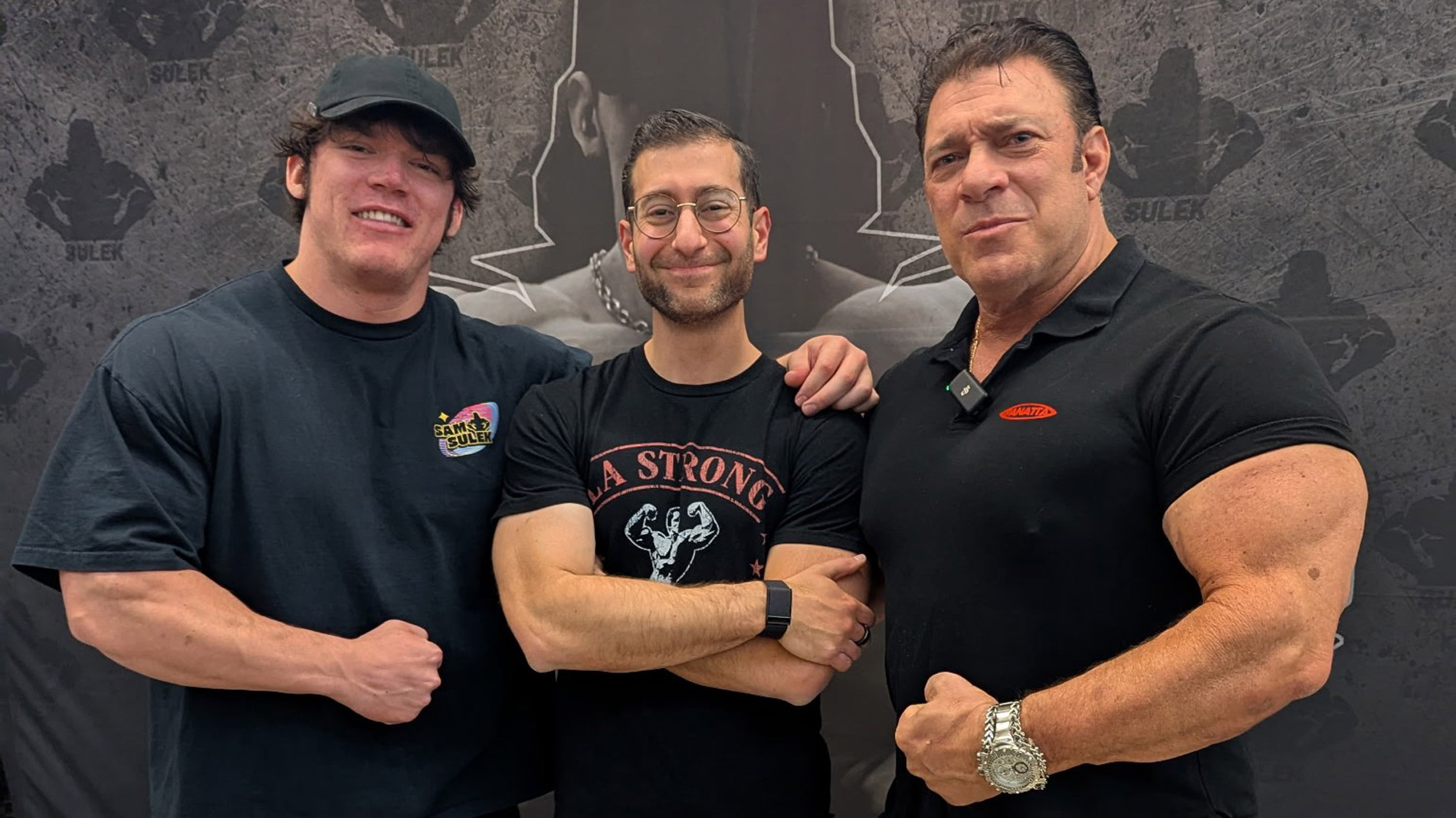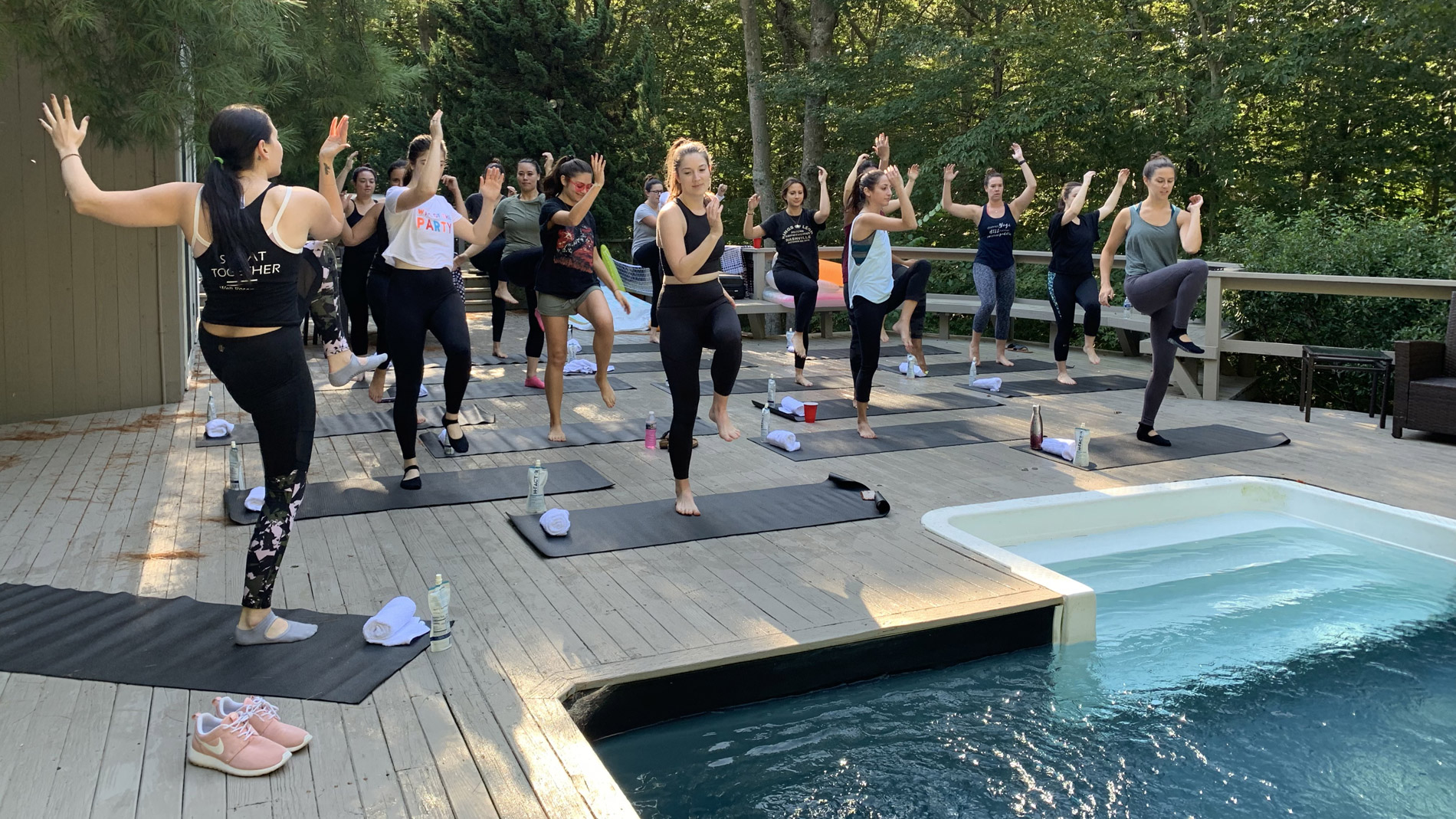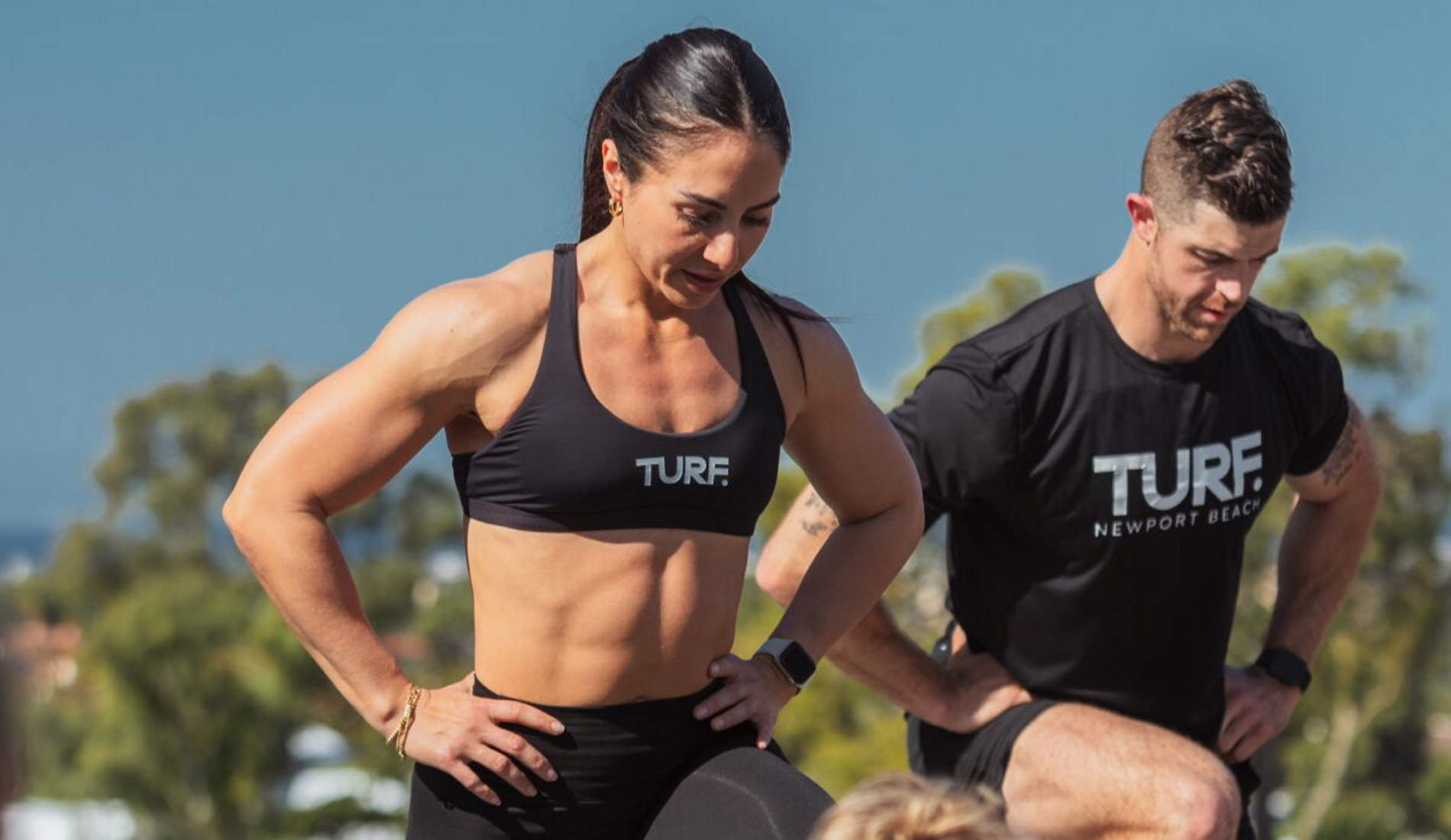All Categories

Abs aren’t the only thing made in the kitchen: Adopting a healthy mindset around food creates life-long sustainable habits. That’s why, as a coach, educating your clients about nutrition can help them adopt healthier eating practices that support their exercise routines.
As a coach, you’ll want to try to encourage clients to prioritize nourishment rather than restriction and learn how to differentiate between trendy fad diets and sustainable eating plans that actually work. It might take time, but taking this approach is more enjoyable and maintainable than rigidly sticking to a specific diet. Here’s how you can combine mindset and nutrition coaching to help your clients sustain life-long healthy habits.
Building sustainable, balanced habits is key to maintaining any fitness or health goal, whether that’s building muscle or losing fat. The key here is to ditch the black-and-white thinking and embrace the gray area — that means leaning into moderation and the idea that no food is inherently “bad” or “good.”
Restriction and an all-or-nothing mindset might get results off the bat, but that “progress” can quickly backfire. A 2020 review in Cureus found that while dieting may cause short-term weight loss, it’s associated with weight gain in the long term. In one specific study mentioned in this review, people who went on a super-restrictive diet for 12 weeks ended up eating significantly more than they did before going on the diet, which subsequently led to regaining the weight, plus some.
A one-size-fits-all doesn’t work, especially when it comes to diets. In order for your clients to hit their health and fitness goals, they’ll have to stick to a personalized nutrition plan that’s customized according to what they’re trying to achieve. For example, someone looking to build muscle while maintaining a vegan diet will probably require a different grocery list and meal plan than someone living with diabetes and trying to lose body fat.
Consider getting licensed as a Certified Nutrition Coach (CNC), so you can create meal plans for your clients as an additional service. Working with your clients to create a customized meal plan that feels not only doable, but enjoyable, to follow will get them lightyears closer to reaching their goals.
Educating your clients on how good nutrition affects their whole-body health — from supporting energy levels to immune health to recovery — can motivate them to make better food choices. But it’s also key to encourage a balanced approach to nutrition while tying it into supporting their fitness goals.
For example, if your client’s goal is to lose body fat, advising them to count calories is one way to go about it, but tracking macros may be a better method. Tracking macros shifts the conversation from how much energy (calories) they’re consuming to focusing on the fuel that’ll sustain them. Explaining the role protein, fats, and carbs play in a client’s meal plan can help them better understand why balanced nutrition is so important.
Educating your clients about basic nutrition principles can help them make more informed food choices, whether they’re grocery shopping and meal planning for the week or enjoying a dinner out with friends.
But you’ll want to show, not tell. Try providing your clients with a printable grocery list they can take to the store, sending them healthy recipe tutorials, or sharing your own meal prep process. Leading by example and offering relatable ways they can build better nutrition habits will help them do just that.
These strategies not only educate clients on how to eat nutritiously but also provide them with the practical skills they need to implement these practices in their daily lives and solidify them into habits.
About April Benshosan
April is a writer, editor, and content strategist with a Master’s degree in Publishing. Her work highlights her passion for responsible health journalism, and she’s been published in print and digital outlets, including Women’s Health, EatingWell, SHAPE, Well+Good, LIVESTRONG.com, Health.com, Abbott, and more.
Powering the Business of Health, Fitness, and Wellness Coaching

By Elisa Edelstein

By Elisa Edelstein

By Elisa Edelstein

By Elisa Edelstein

By Robert James Rivera

By Robert James Rivera

Powering the Business of Health, Fitness, and Wellness Coaching
